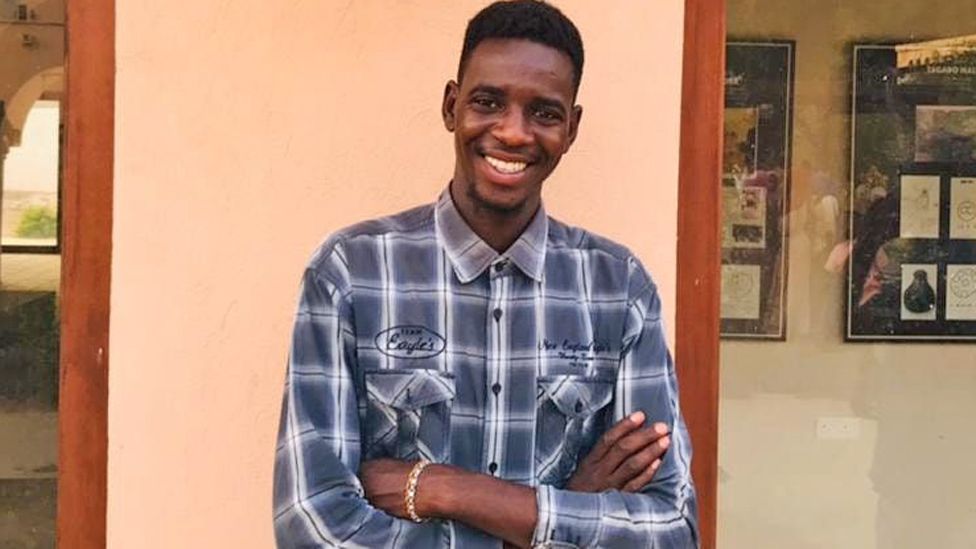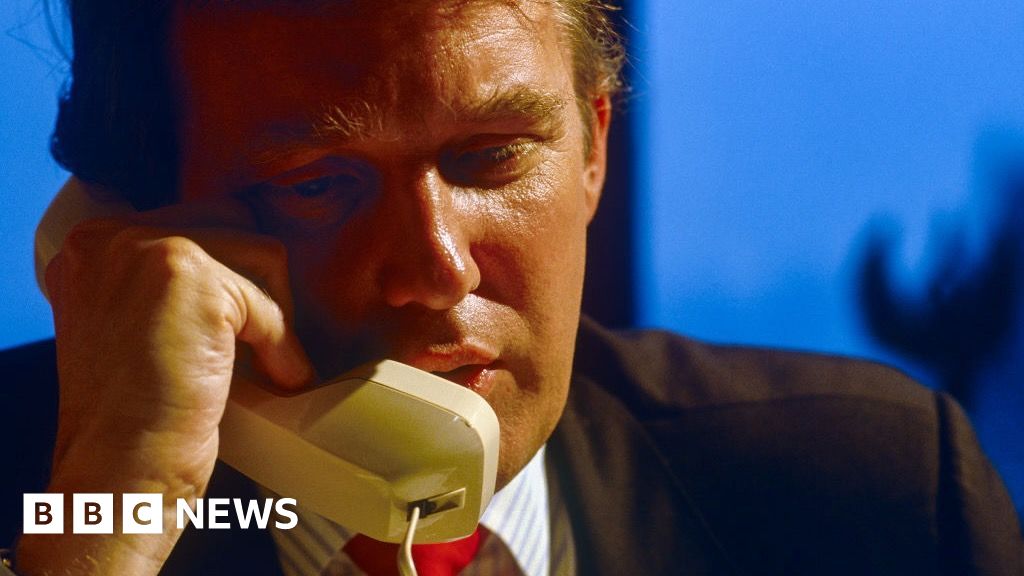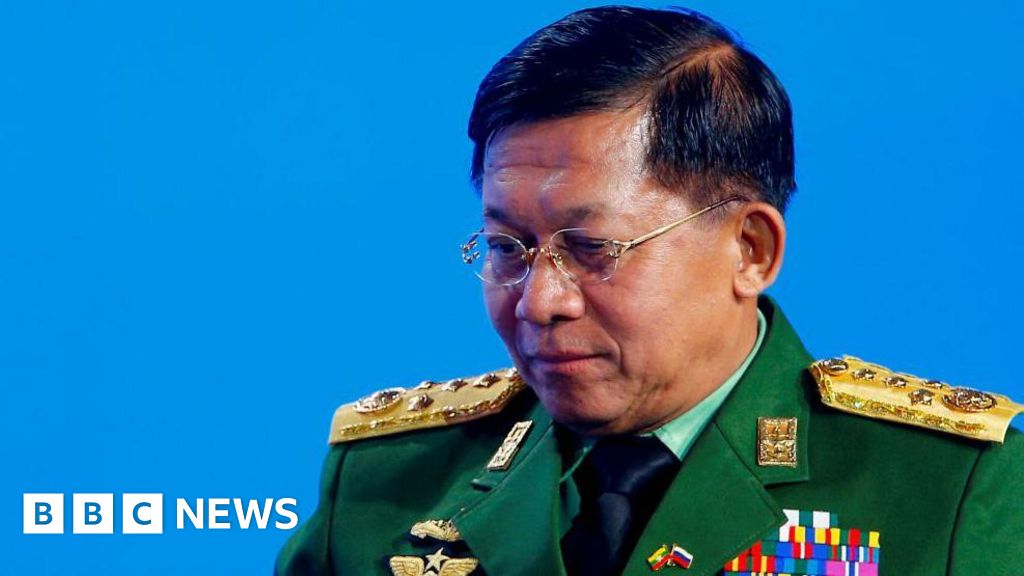ARTICLE AD BOX
 Image source, Facebook/Ala Danedn
Image source, Facebook/Ala Danedn
Ala Danedn was loved for his smile and tireless work as a volunteer
By Ahmed Gouja, freelance journalist & Lucy Fleming, BBC News
in Darfur and London
A 27-year-old electrical engineering student has died trying to fix the power at a hospital affected by the fighting in Sudan's Darfur region.
Muhammedin Fadul Idris Wadi, known to his friends as Ala Danedn, was electrocuted at Sayed al-Shahada Health Centre in Fasher city on Thursday.
He was part of a group volunteers trying to keep the clinic going amid fierce clashes and looting.
"He was known for his smile, even in the time of the war," his friend said.
"He gave his life as a servant of the people of Fasher," Ahmed Ishaq, who studied with him at the University of Fasher, told the BBC.
Ala Danedn was admired for his tireless work and selfless community initiatives, he said.
A tag line accompanying his profile photo on Facebook reads: "Don't wait for the opportunity, create it."
Since the conflict broke out in Sudan between rival military factions on 15 April, his group of volunteers, called the Youth of the al-Thawra Initiative, have been focused on assisting medics in Fasher, the capital of North Darfur state.
All medical facilities in Fasher, expect South Hospital - a repurposed maternity clinic - had to close because of their proximity to the fighting, or the inability of staff to reach them.
"I saw him working with all effort to clean and receive the wounded in South Hospital throughout the first week," said Mr Ishaq.
"He kept us buoyant psychologically in difficult times with his kind words - and he worked like a bee."
The volunteers then turned their attention to the Sayed al-Shahada Health Centre, which had been damaged and looted and subsequently abandoned by staff.
They felt it was important to try and reopen it given its proximity to vulnerable neighbourhoods in the south of the city including Abu Shanbat and Zam Zam camps, which are home to communities who fled their villages in the ethnic violence that ravaged Darfur 20 years ago.
His group raised money to organise for the facility to be refurbished and buy food, medicine and other medical supplies.
"He was good at networking with pharmacies and medical supplies companies," Mr Ishaq said of his friend's dedication to see the health centre reopen.
Image source, Sayed Al-Shahada Health Centre Youth Intiative
Image caption,The health centre managed to open again last week thanks to the volunteers
The clinic started operating again last Monday with the help of 25 volunteer medics and 80 community volunteers, but was still facing difficulties.
With many places cut off from electricity - or having an erratic supply - Ala Danedn had been attending to an electric problem at the health centre on Thursday evening.
His friend said he collapsed after receiving a strong shock and was transferred to South Hospital.
But after 48 hours volunteers there were unable to save him and the undergraduate died on Saturday night.
"We had promised one another that after the war ended that we would meet once again in the city centre, replacing the sounds of bullets with melody, music and joy - sessions he loved," Mr Ishaq said.
"But Ala Danedn is gone and we owe it to him to keep our covenant as volunteers to make life better for our people."
The fighting that erupted three weeks ago is devastating the country - hundreds of civilians have died and hundreds of thousands have fled their homes.
The army and the paramilitary group, the Rapid Support Forces (RSF), are continuing to fight for control of key areas of the capital, Khartoum, despite attempts to get the two sides to talk.
Around seven million people are trapped in their homes in Khartoum, unable to get basic supplies including food.
The UN's top humanitarian official, Martin Griffiths, has arrived in the city of Jeddah in Saudi Arabia where envoys sent by the army and RSF are meant to be meeting - though it is not clear if discussions have begun.

 1 year ago
14
1 year ago
14









 English (US)
English (US)